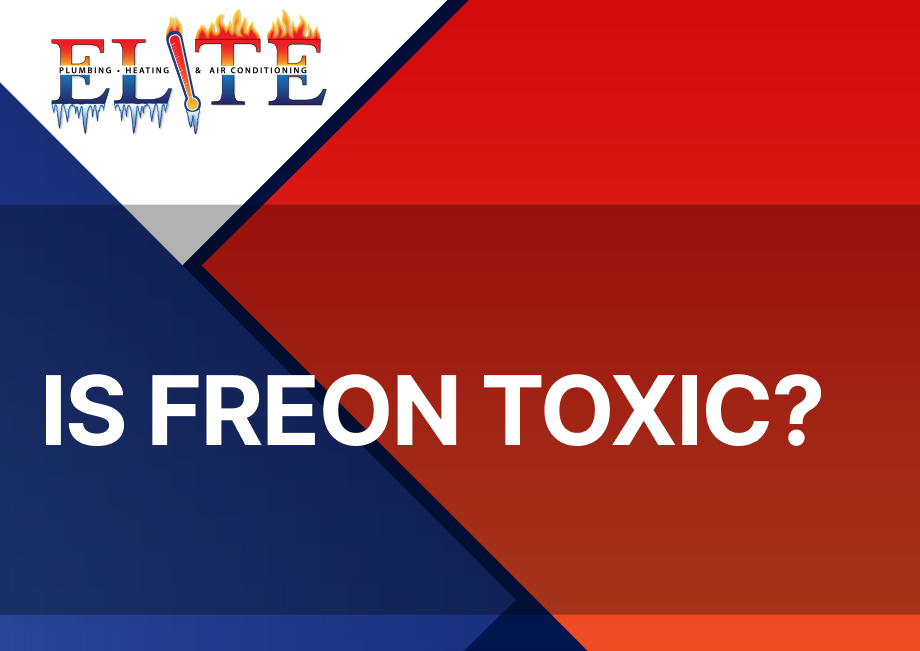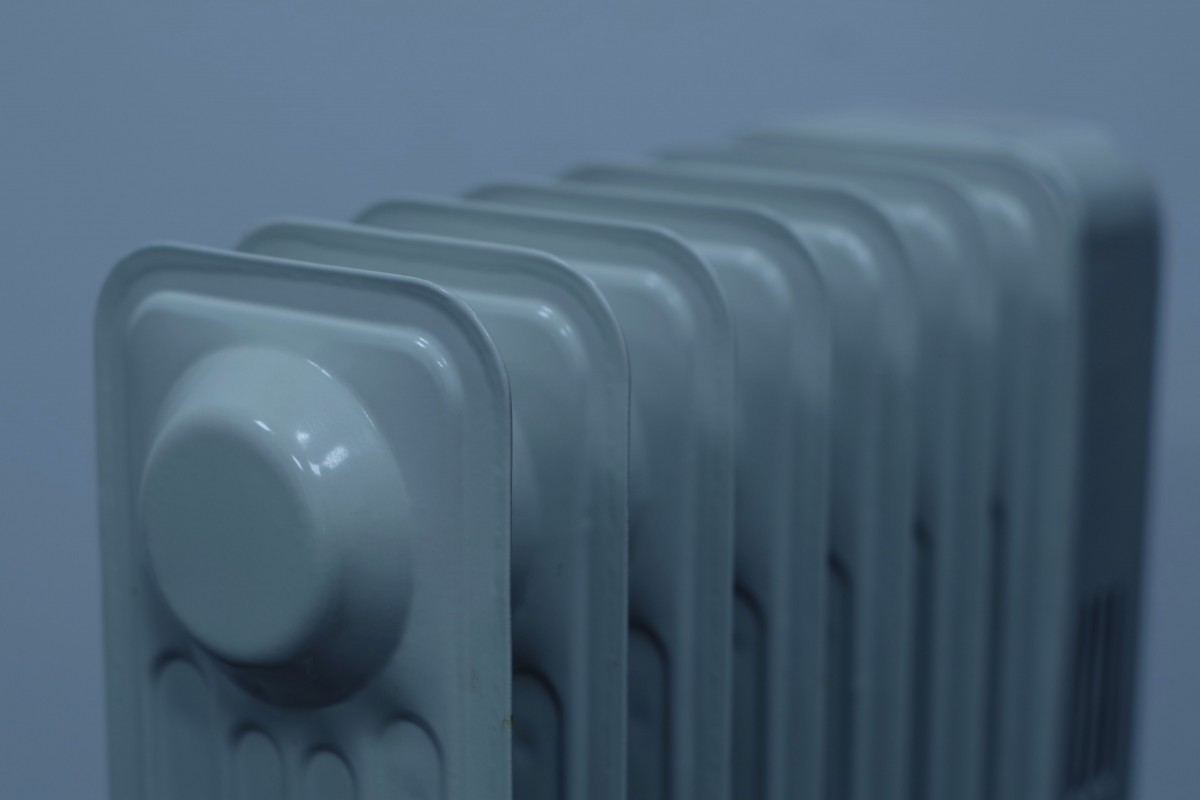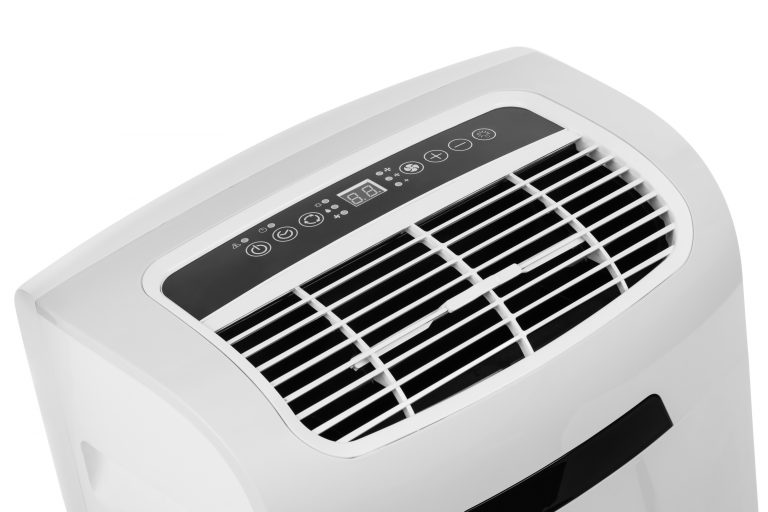Is Freon Toxic?
In the sphere of heating, ventilation, and air conditioning (HVAC) systems, Freon is a common name that often surfaces. Widely used as a refrigerant in air conditioners and refrigeration units, Freon plays a crucial role in regulating temperatures. However, a relevant question that often arises is whether Freon is toxic. Let’s delve into this topic and explore the signs of Freon poisoning.
Is Freon Toxic? Not So Much
Firstly, it’s important to understand that Freon itself is not inherently toxic. The term “Freon” refers to a group of chlorofluorocarbons (CFCs) and hydrochlorofluorocarbons (HCFCs), which were once widely used due to their stable and non-flammable nature. However, the concern arises when these chemicals are released into the environment, especially if the HVAC system malfunctions or experiences leaks.
When Freon leaks occur, there is a potential for exposure, leading to adverse health effects. Freon poisoning, though rare, can manifest in various ways. Headaches, dizziness, and nausea are among the initial symptoms that individuals may experience. Prolonged exposure or higher concentrations can escalate these symptoms to more severe conditions, including respiratory issues, chest pain, and even asphyxiation in extreme cases.
Signs of Freon Poisoning
Individuals must be aware of the signs of Freon poisoning to ensure prompt action if exposure occurs. If you suspect a Freon leak or experience symptoms such as nausea, dizziness, or difficulty breathing, it is imperative to evacuate the area immediately and seek medical attention. Professional assistance should also be sought to identify and repair the source of the leak.
In addition to the potential health risks, Freon has been linked to environmental concerns. CFCs and HCFCs are known to contribute to ozone layer depletion, prompting a global effort to phase out their use. The Montreal Protocol, an international treaty, has been instrumental in reducing the production and consumption of these substances, emphasizing the importance of adopting more environmentally friendly alternatives.
How to Avoid Freon Exposure
To minimize the risk of Freon exposure and its associated health and environmental implications, regular maintenance of HVAC systems is essential. Timely inspections, leak detection, and proper handling of refrigerants during system servicing can mitigate the chances of leaks and ensure the safe operation of these systems.
In conclusion, while Freon itself is not toxic, the potential for adverse health effects arises when there is a leakage. Understanding the signs of Freon poisoning is crucial for swift action and mitigation. Regular maintenance and adherence to environmental regulations play a pivotal role in ensuring the safe use of HVAC systems.
Choose Elite Heating & Air Conditioning for Your HVAC Needs
If you have concerns about your HVAC system or suspect a Freon leak, it’s time to take action. Contact Elite Heating & Air Conditioning for professional assistance. Our team of experts is dedicated to providing reliable HVAC services, ensuring the safety and well-being of your home or business. Don’t compromise on comfort and safety – reach out to Elite Heating & Air Conditioning today for all your HVAC needs.
SCHEDULE YOUR FREE ESTIMATE
We Provide Expert Air Conditioning Services in Las Vegas, NV






